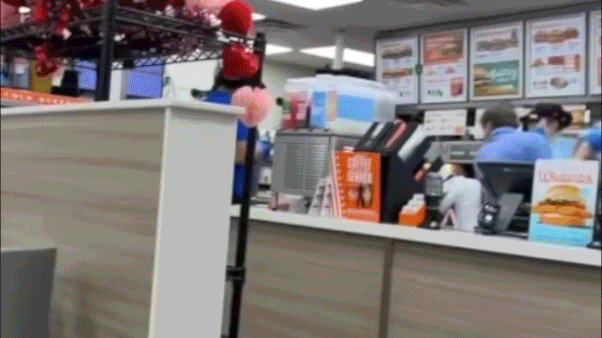HOUSTON – The owner of the oil rig that exploded and led to the massive 2010 Gulf oil spill is thwarting a federal board's efforts to make safety recommendations that could prevent such an accident from happening again by not honoring the organization's subpoenas, a government lawyer told a judge on Wednesday.
But an attorney for rig owner Transocean said the U.S. Chemical Safety Board does not have the authority to investigate an incident that happened in Gulf of Mexico waters on the Outer Continental Shelf.
At issue is whether Transocean should comply with five subpoenas issued by the U.S. Chemical Safety Board, a Washington, D.C.-based federal agency that investigates industrial chemical accidents at fixed facilities
U.S. District Judge Lee Rosenthal heard arguments from attorneys with the U.S. Justice Department and with Transocean, the Swiss-based offshore drilling contractor, over whether the subpoenas, issued by the board from Nov. 24, 2010, to April 7, 2011, should be honored.
The Justice Department filed a civil complaint last year against Transocean to force it to comply with the subpoenas, which are requesting information that includes work schedules and all records gathered by the company's internal investigation team.
Don Holmstrom, the safety board's chief investigator in the case, said Transocean is the only one of 15 companies that failed to comply with the subpoenas.
The board is one of several agencies investigating the April 20, 2010, explosion, which occurred about 50 miles off the Louisiana coast and killed 11 workers. It also led to more than 200 million gallons of oil being released from BP's undersea well. Transocean had leased the rig to BP PLC to drill a deep-sea well.
Prior investigations of the accident concluded BP, Transocean and cement contractor Halliburton deserve to share the blame for a string of risky decisions that were designed to save time and money.
Government lawyer Adam Goldman told Rosenthal the safety board is not focused on the spill but how it can make sure the explosion that killed the 11 workers doesn't happen again.
"Eleven people that lost their lives because of the gas explosion that occurred," Goldman said.
The safety board, created in 1990, does not issue fines but instead makes recommendations to plants, regulatory agencies industry organizations and labor groups.
But David Baay, an attorney for Transocean, argued the federal statute which created the safety board, the Clean Air Act, does not give the agency jurisdiction to investigate on the Outer Continental Shelf.
Baay said the accident site is under the jurisdiction of the U.S. Department of the Interior, which has already conducted a thorough investigation.
He also argued prior court rulings have determined the Deepwater Horizon rig was a mobile vessel, which would not make it fall under the safety board's jurisdiction.
Goldman countered the rig was part of a large structure that was anchored and not functioning as a moving vessel at the time of the accident, making it a stationary site.
Rosenthal was expected to make a ruling at a later date.









































